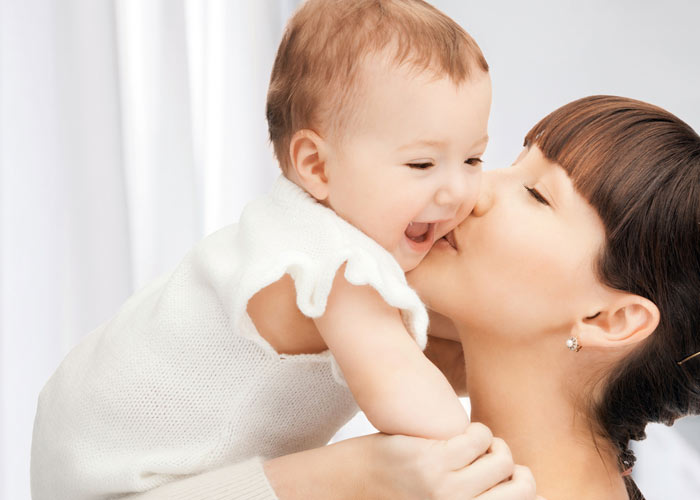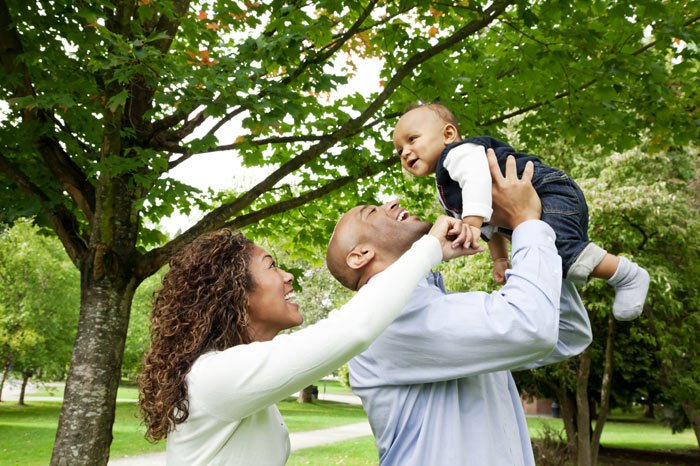Will I Accept My Baby? Donor Egg Concerns, Explained
There couldn’t be a more perfect ending to your infertility journey – you just gave birth to your beautiful baby, and it feels like you’ve finally reached the light at the end of the tunnel.

But, now you’re starting to have doubts about using an egg donor.
Will I be able to accept my baby knowing there is no genetic link between the two of us? Will it be obvious he or she isn’t my child, and will I reject them for this?
For the thousands of people finding hope through egg donors, these questions are completely normal. They’re part of the complex process of bringing a baby into this world, and none of these thoughts or feelings are wrong.
Rather, it’s all about expressing these emotions, addressing your fears, and taking time to cope with this life-changing decision. This isn’t something you’ll accept straight away or come to terms with overnight.
Will it get easier, though?
Yes, it will! Let’s explore the egg donor process in more detail to answer some of your deepest thoughts and concerns.
You Do Get to Influence Your Baby’s Genetics
First, it’s important to understand that you do have control over your baby’s genetics – it isn’t a random choice that’s left to a computer or fertility doctor you’ve never met.
You get to choose the donor – even if they are anonymous through an egg donor clinic.
For example, you could choose someone you know – a loving friend or family member – who’s determined to help you complete your family. Whether it’s your sister or a lifelong friend, you’ll know their genetic history, family, and everything in between, giving you peace of mind that you know where half of your baby’s genes come from.
Alternatively, when using a clinic, you choose your donor from a vast database. With access to their family history, interests, academic achievements, personal attributes, physical features, and more, you can choose someone who closely resembles yourself or who boasts traits you hope your child will develop.
And, perhaps more importantly, your baby will carry your partner’s genes. While these aren’t related to yours, they are a huge part of your life and will become a huge part of your baby’s life, too.

You Are the One Who Brings Them Into this World
Unlike adoption or surrogacy, an egg donor gives you the wonderful opportunity to carry, nurture, and give birth to your child. Nothing unites the two of you more than this.
From feeling their first kick to seeing their heartbeat on the monitor, these priceless moments help establish an irrevocable bond between the two of you. The time they spend in your womb will be something you treasure forever.
There Will Be a Genetic Link
Finally, researchers discovered that egg donor babies carry a genetic link to their mothers (the ones who carry and nurture the baby in their womb).
This revolutionary study found that when women use an egg donor, some of their genetic material may pass through their endometrial fluid to their baby.
How is this possible?
It starts once your baby is conceived. MicroRNAs (tiny molecules) pass into your womb as your body secretes them, establishing a communication system that runs from you to your baby. Passing from your genes through your endometrial fluid to your baby, this process has an effect on the way your baby’s genes are expressed.
Therefore, even when you’re opting for an egg donor, you still have an overwhelming influence on your child’s future, which strengthens the bond you’re creating with your child as you carry them in utero.
Overcoming Doubts
Even with all of this information, it’s still going to take time to adjust to the idea that, in order to have a baby, you need to use another woman’s eggs.
Am I ungrateful for having these thoughts when such an amazing opportunity has presented itself to me?
Absolutely not.
It’s important not to bottle up these emotions or feel like any thought or feeling is wrong.
And don’t forget – even mothers who share half of their genes cannot guarantee that their baby will share their traits. Genes often skip a generation or change due to other factors (e.g. the partner’s genes), so no one can predict the genetic makeup of their child with 100% certainty.
Just remember that as the recipient of a donor egg, you’ll know just as much – if not more – than every other mother when it comes to your baby’s genes.
About the author
 Heidi Hayes is the Executive Vice President of California Cryobank’s Donor Egg Bank. She has more than 20 years of healthcare experience and has worked extensively in the field of reproductive endocrinology. Having been unsuccessful at traditional IUI and IVF treatments, Heidi personally understands the struggles of infertility. After many years of trying to conceive, she ultimately built her family through adoption and donor egg treatment. She always believed that if she didn’t give up, her ultimate goal of becoming a parent would someday become a reality.
Heidi Hayes is the Executive Vice President of California Cryobank’s Donor Egg Bank. She has more than 20 years of healthcare experience and has worked extensively in the field of reproductive endocrinology. Having been unsuccessful at traditional IUI and IVF treatments, Heidi personally understands the struggles of infertility. After many years of trying to conceive, she ultimately built her family through adoption and donor egg treatment. She always believed that if she didn’t give up, her ultimate goal of becoming a parent would someday become a reality.
